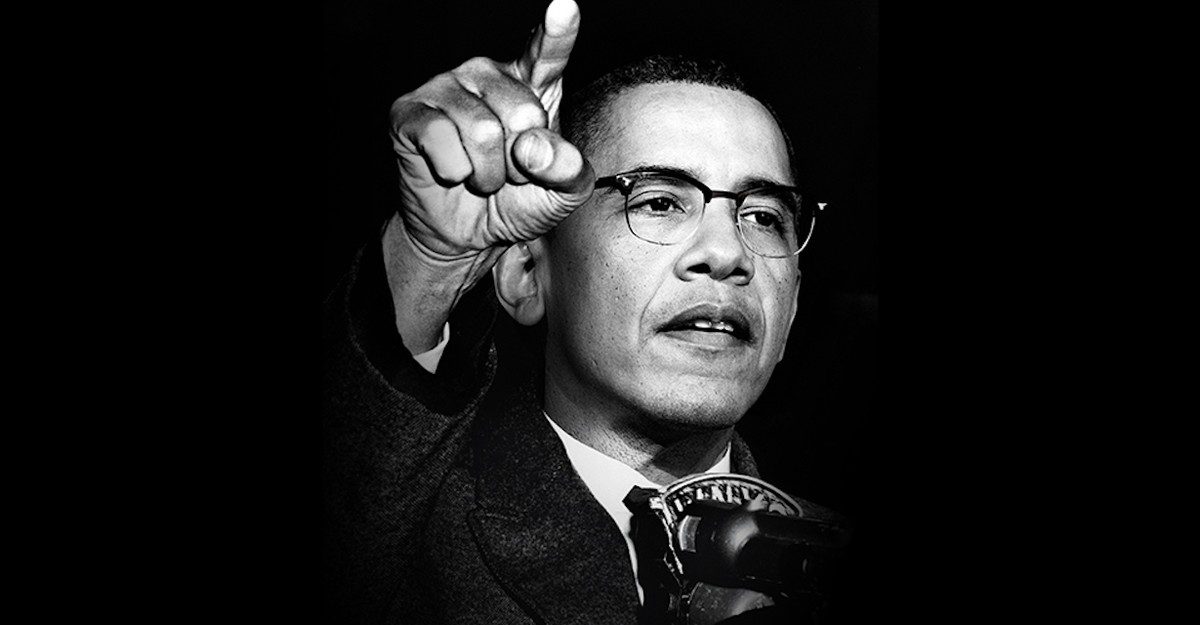The American Civil Rights Movement aimed to end racial discrimination and segregation against African Americans and fought for equal rights and justice for all citizens. Martin Luther King Jr. and Malcolm X are two prominent figures of the movement who contributed significantly to the cause of civil rights. Though both were leaders of the movement, they had different approaches and philosophies that often conflicted with each other. Martin Luther King Jr. advocated for non-violence and peaceful protests, while Malcolm X advocated for black nationalism and separatism. Both their legacies have left a lasting impact on American history and society.
Martin Luther King Jr. vs. Malcolm X – Comparing the Legacies of Civil Rights Leaders
Introduction
The American Civil Rights Movement is one of the most significant socio-political movements in the history of the United States. It aimed to end racial discrimination and segregation against African Americans and fought for equal rights and justice for all citizens. Martin Luther King Jr. and Malcolm X are two prominent figures of the movement who contributed significantly to the cause of civil rights. Though both were leaders of the movement, they had different approaches and philosophies that often conflicted with each other. In this article, we will compare and contrast the legacies of Martin Luther King Jr. and Malcolm X.
Early Life and Education
Martin Luther King Jr. was born in Atlanta, Georgia, in 1929. His father was a Baptist preacher, and his mother was a homemaker. King was an exceptional student and graduated from high school at the age of 15. He went on to attend Morehouse College, where he earned a degree in sociology. Later, he received a Ph.D. in theology from Boston University.
Malcolm X, whose real name was Malcolm Little, was born in Omaha, Nebraska, in 1925. His father was an outspoken civil rights activist, and his mother was a homemaker. Malcolm never completed high school, and his education was interrupted when he went to prison at the age of 20 for burglary. During his time in prison, he studied extensively, and the experience had a profound impact on his beliefs and ideologies.
Beliefs and Philosophy
Martin Luther King Jr. was a firm believer in non-violence and peaceful protests. He believed that change could be achieved through love, understanding, and compassion. He advocated for the use of civil disobedience, boycotts, and sit-ins as a means of protesting against segregation and discrimination. He was also an advocate for social justice and economic equality.
Malcolm X, on the other hand, was a proponent of black nationalism and separatism. He believed that the only way to achieve equality was through militant action and self-defense. He rejected nonviolence and argued that African Americans had to defend themselves against the violence and brutality of white supremacy.
Role in the Civil Rights Movement
Martin Luther King Jr. played a pivotal role in the Civil Rights Movement. He was the leader of the Southern Christian Leadership Conference (SCLC) and organized several nonviolent protests, including the Montgomery Bus Boycott, the Albany Movement, and the Birmingham Campaign. He also delivered his famous “I Have a Dream” speech during the March on Washington in 1963. King’s leadership and activism were instrumental in the passing of the Civil Rights Act of 1964 and the Voting Rights Act of 1965.
Malcolm X’s role in the Civil Rights Movement was also significant, though not as prominent as King’s. He was a member of the Nation of Islam and served as its national spokesperson. He advocated for black self-reliance and economic empowerment and was critical of the Civil Rights Movement led by King for its reliance on nonviolence. After his departure from the Nation of Islam, Malcolm X founded the Organization of Afro-American Unity and focused his efforts on uniting African Americans and promoting Pan-Africanism.
Legacy
Martin Luther King Jr. has become an iconic figure in American history and a symbol of the Civil Rights Movement. His philosophy of nonviolence and peaceful protest has inspired social justice movements around the world. The holiday in his honor is observed annually in the United States and serves as a reminder of his contributions to the cause of civil rights.
Malcolm X, too, has left a lasting legacy on American history. His advocacy for black nationalism and self-defense has inspired several Black Power movements and radical activism. He also challenged traditional narratives of American history and forced a reevaluation of the country’s colonial past and systemic racism. Malcolm X’s message of black pride and self-determination has had a profound impact on African American culture and identity.
Conclusion
Martin Luther King Jr. and Malcolm X were both influential civil rights leaders who played a significant role in the fight for racial equality and justice. Despite their ideological differences, their legacies have left a lasting impact on American history and society. By comparing and contrasting their beliefs, philosophies, roles in the Civil Rights Movement, and legacies, we can gain a better understanding of the complexity and diversity of the movement and the struggle for civil rights in America.
